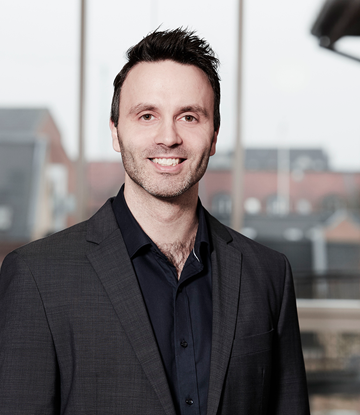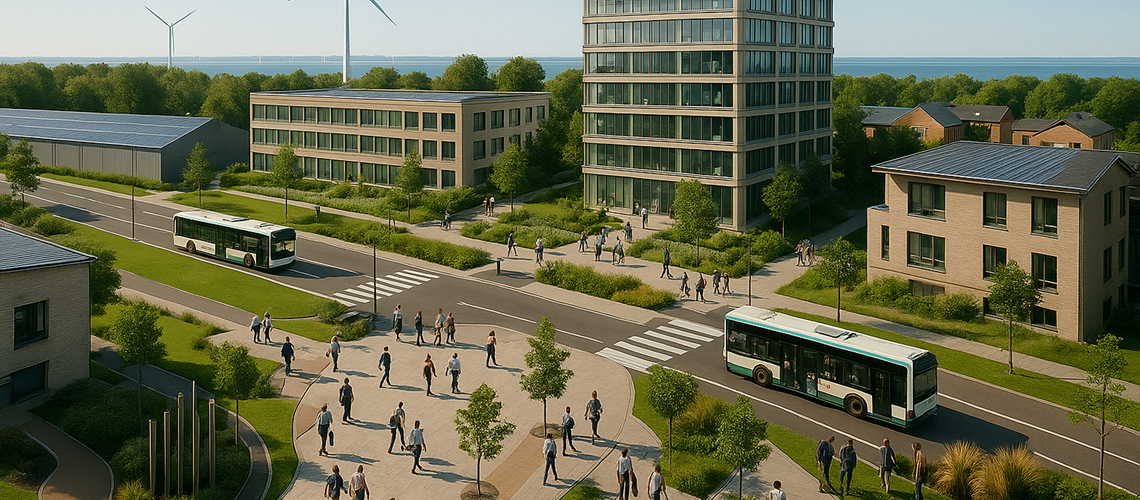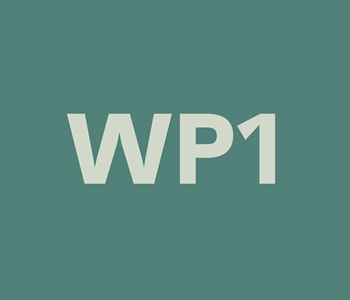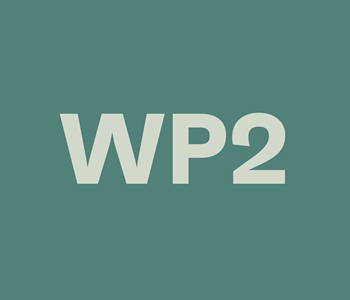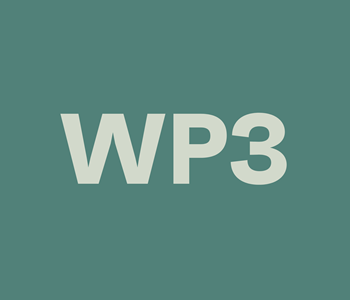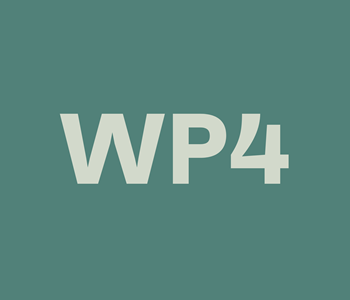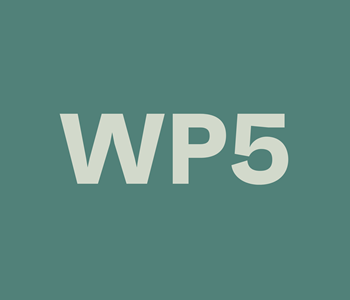Project abstract
PEDs can play a key role in the energy transition for urban areas. Implementing PEDs requires integrating energy planning into urban planning processes, along with a committed network of stakeholders from both the public and private sectors.
PEDs are areas with a net positive energy balance on an annual basis. These districts will play a crucial role in the energy transition; however, implementation proves challenging due to organizational, regulatory, and urban planning issues.
The goal of FLEXPOSTS is to provide replicable strategies for improving the creation of PEDs, with a particular focus on stakeholder engagement, and to create replicable innovative business models for flexible energy systems.
FLEXPOSTS adopts an interdisciplinary approach for integrating energy and urban planning, demonstrated at two demo sites: Zwette VI (Leeuwarden, Netherlands) and Aalborg East (Denmark). In these demos, lessons learned and new research insights will be translated into practice and vice versa. Zwette VI focuses on energy system planning issues hindering urban development and flexibility applications. Aalborg East focuses on mixed-use neighborhoods with local stakeholder partnerships, aiming to implement solutions with the goal of achieving net-zero emissions.
The project's results will support the emergence of PEDs as green energy solutions for urban areas and as a solution to energy system planning issues, such as electricity grid congestion.
Partners in FLEXPOSTS

Hanze University of Applied Sciences | Aalborg Universitet | New Energy Coalition | Green Hub Denmark | Gemeente Leeuwarden
Work Package Structure in FLEXPOSTS
To realise the ambitions of FLEXPOSTS, the project is structured around five interconnected work packages (WPs) that link applied research, innovation, and implementation. These WPs provide a clear framework for developing, testing, and scaling solutions, while actively involving relevant stakeholders and aligning with other PED-related initiatives.
Each WP integrates communication and dissemination tasks to ensure continuous knowledge sharing—both internally and with external actors such as the Expert Support Facility. This structure supports a dynamic, practice-oriented approach that translates insights into real-world impact.
The project period runs from September 2022 to March 2025.
Supported by

![]()
